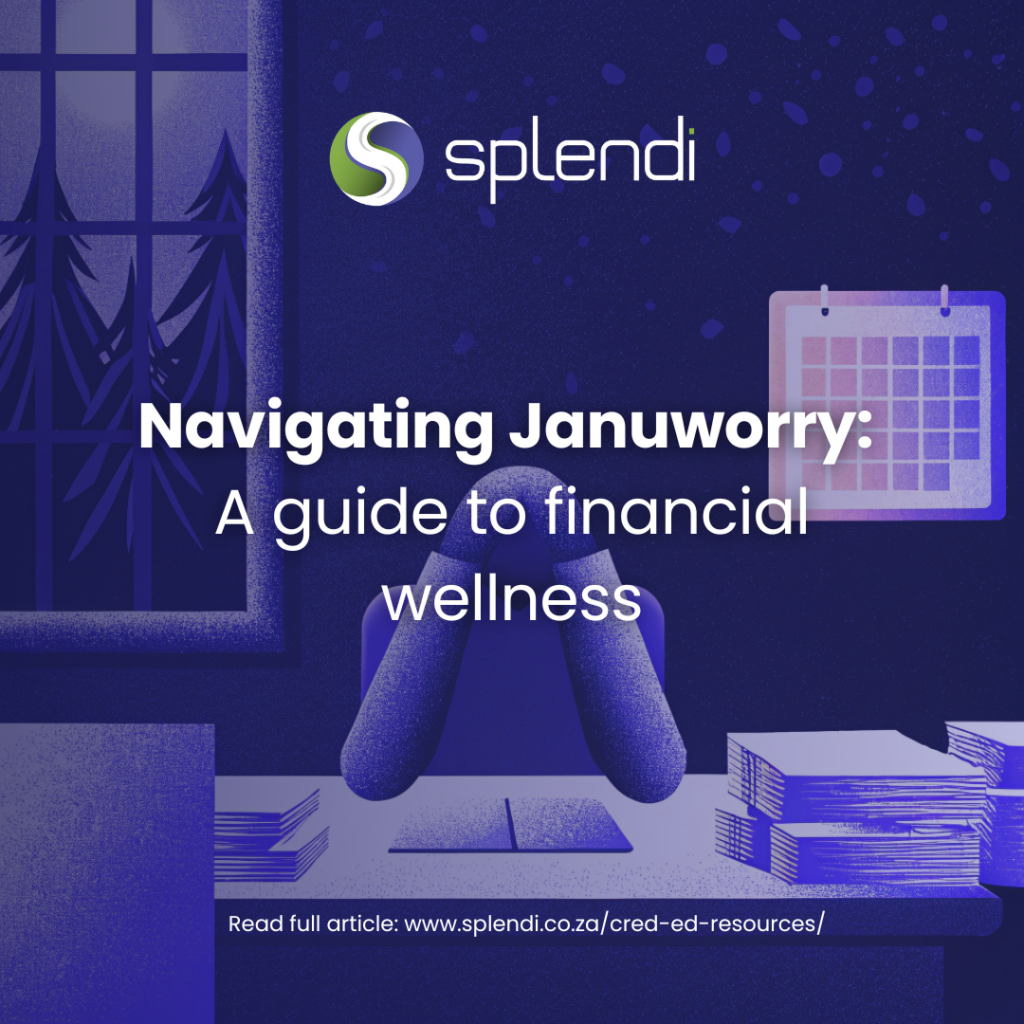As the festive season fades into the rearview mirror, many people find themselves facing the harsh reality of January – a month often referred to as “Januworry.” Characterized by depleted bank accounts, looming credit card bills, and tightened budgets, Januworry can be a challenging time for individuals striving to maintain financial health. However, with careful planning and a proactive approach, it is possible to navigate this financial hurdle and set the tone for a prosperous year ahead.
Understanding Januworry:
Januworry is more than just a clever play on words; it represents the financial strain that often accompanies the aftermath of holiday spending. Overspending on gifts, travel, and festive celebrations can leave individuals in a precarious financial position come January. It’s crucial to recognize the impact of these financial choices and take steps to mitigate the challenges they pose.
Creating a Januworry Budget:
The first step in overcoming Januworry challenges is to create a realistic budget. Start by evaluating your current financial situation, including income, expenses, and outstanding debts. Identify areas where you can cut back, prioritize essential expenses, and allocate funds strategically. A well-thought-out budget can provide a roadmap for financial recovery and set the foundation for responsible spending throughout the year.
Embracing Frugality:
In Januworry, adopting a frugal mindset can make a significant difference. Consider making small lifestyle adjustments, such as cooking at home instead of dining out, opting for free or low-cost entertainment options, and exploring discounted or second-hand goods. Embracing frugality doesn’t mean sacrificing enjoyment but rather finding cost-effective alternatives that align with your financial goals.
Tackling Debt Strategically:
If you entered Januworry with outstanding debts, it’s essential to address them strategically. Prioritize high-interest debts and consider consolidating them if feasible. Negotiate with creditors to explore possible payment plans or interest rate reductions. By taking proactive steps to manage debt, you can alleviate financial stress and work towards long-term financial health.
Building an Emergency Fund:
Januworry underscores the importance of having an emergency fund. While it may be challenging to start one immediately, consider allocating a portion of your income towards building this financial safety net. An emergency fund can provide a buffer in times of unexpected expenses, reducing the likelihood of falling into financial distress.
Seeking Financial Education:
Improving financial literacy is a powerful tool in navigating Januworry and building lasting financial health. Take advantage of available resources, such as financial planning courses, workshops, and online tools that can enhance your understanding of budgeting, investing, and debt management. Equipping yourself with financial knowledge empowers you to make informed decisions and establish a secure financial future.
Conclusion:
Januworry may present financial challenges, but it also offers an opportunity for reflection, learning, and positive change. By embracing a proactive approach, creating a realistic budget, practicing frugality, addressing debt strategically, building an emergency fund, and investing in financial education, individuals can overcome Januworry’s hurdles and set the stage for a financially sound and prosperous year ahead.




